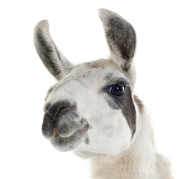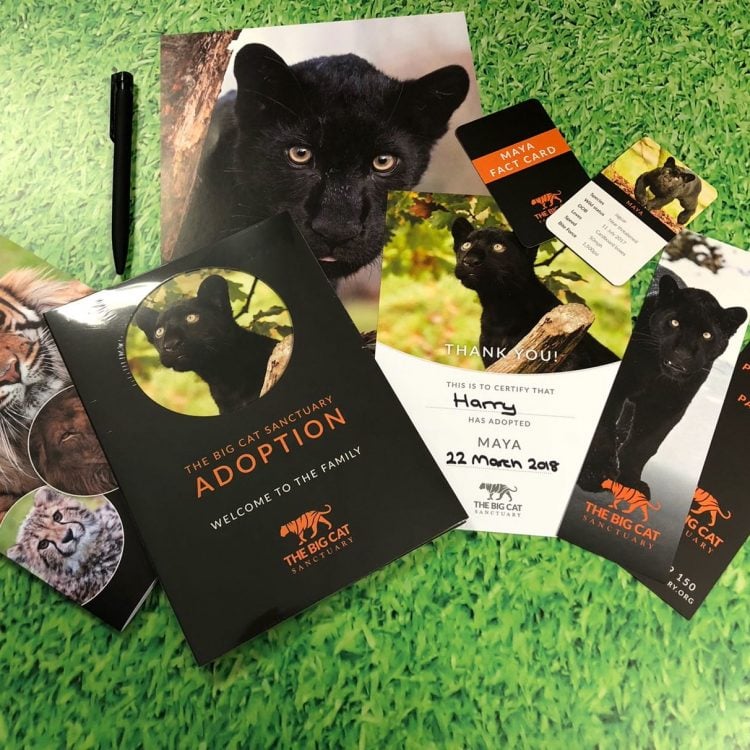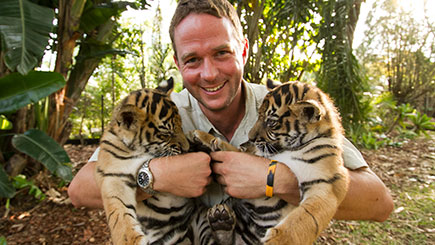|
So the temperatures are rocketing in England and Wales this week. Just looking at a newspaper, there's talk of 31 degrees in the south east of England by next weekend.
The RSPCA is urging pet owners and farmers to keep their pets cool as temperatures rise, and please let's not forget wildlife and make sure we fill bird baths and create opportunities for thisty widllife to have a drink.
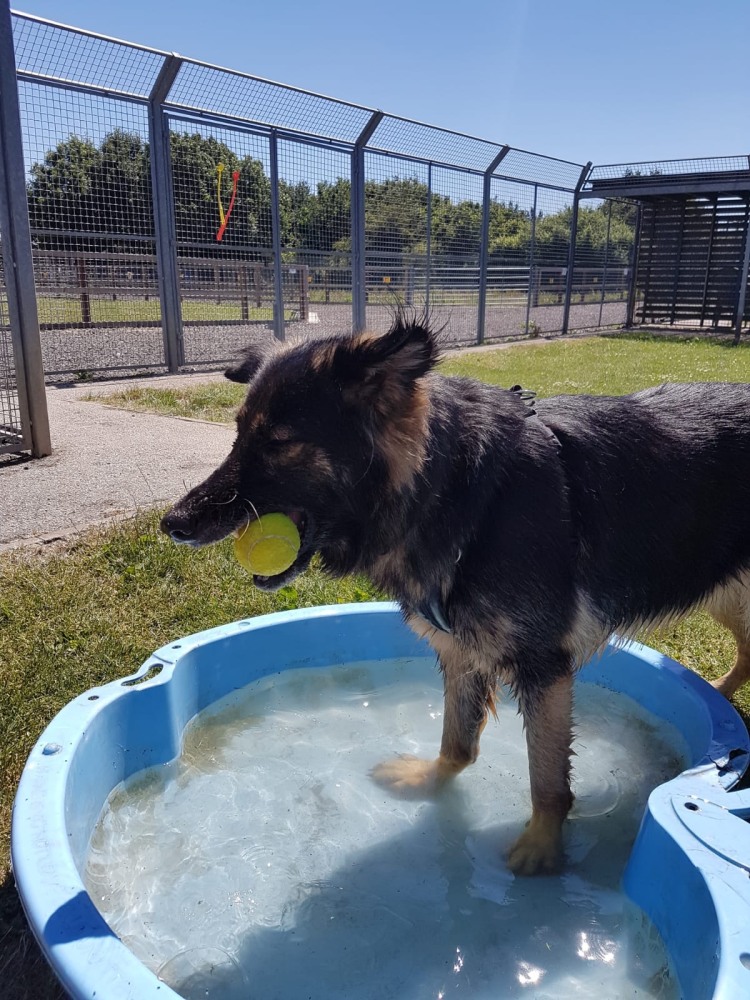 Keeping cool at the RSPCA Block Fen Animal Centre in Cambridgeshire Keeping cool at the RSPCA Block Fen Animal Centre in Cambridgeshire
Top tips from the RSPCA:
- Ensure all your animals have access to shade and fresh drinking water - don't forget the sun moves and so will the shade during the day.
- Keep fish tanks out of direct sunlight
- Top up pond water levels.
- Watch for wildlife when you're using lawnmowers and strimmers
- Keep pesticides out of reach of animals
- Wrap an ice pack or a frozen water bottle in a tea towel for your pet to lie on
- Use cold treats from the fridge for added moisture or make an ice lolly from pet-friendly ingredients
- Avoid exercising pets in very hot weather - do it when it's cooler. Pavements can get very hot in warm weather - if it's too hot to touch wtih your hand, it's too hot for a dog's paws.
- Don't transport in hot weather unless absolutely necessary
- Make sure buildings animals are housed in are adequately ventilated and monitored regularly
- Check daily for flystrike
- Don't let your pet get sunburnt - use a pet-safe sun cream. Some colours are more apt to suffer in the sun than others e.g. white cat
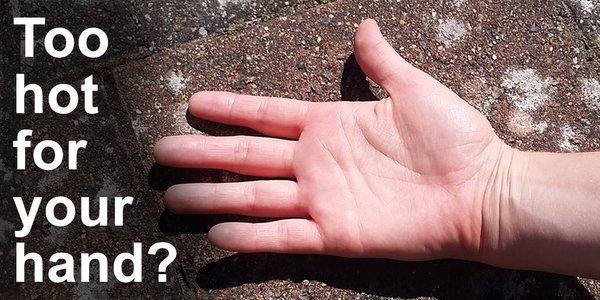
If it's hot for your hand, imagine what it will feel like to your dog's paws. Leave walkies until it's cooled down.
Remember, your pet cannot turn a tap on (unless they have taught themselves) so always ensure you've left your pet plenty of water - they should have a fresh change of water daily.
If you're out and about with your dog, don't forget he or she will get thirsty as well so take some water for them and something to put it in with you.
If you're away overnight, get someone responsible to check on any pets at home - guinea pigs and rabbits can quickly run out of water for instance.
Keep an eye on elderly pets, the young and pets with special needs or medical conditions. Older dogs may need much shorter walks for instance or they may not want a walk at all.
Never, ever, ever, ever, leave your pet in a car in hot weather.
If you see a dog in a hot car, click here. It's always worth printing out these instructions or linking to this from your mobile so that if you see a dog in a hot car while you're out and about, you know what to do.
Images ©RSPCA
|

